‘The Curse Of ITV’: The Stars Who Flopped After Switching From The BBC
Many actors and broadcasters have defected from the BBC to ITV over the years, but it’s been a move that famously often ends badly. Is there really a ‘Curse of ITV’? The evidence is damning…
Susanna Reid

In a similar turn of fortune as that of Adrian Chiles and Christine Bleakley, and following the disaster that was 'Daybreak’, ITV re-worked their morning offering, developing 'Good Morning Britain’, and poaching 'Breakfast’s co-anchor Susanna Reid. Amazingly, 'Good Morning Britain’ managed to perform even worse that the much-maligned 'Daybreak’, last year averaging 560,000 viewers, two thirds less than 'Breakfast’s audience.
Adrian Chiles and Christine Bleakley
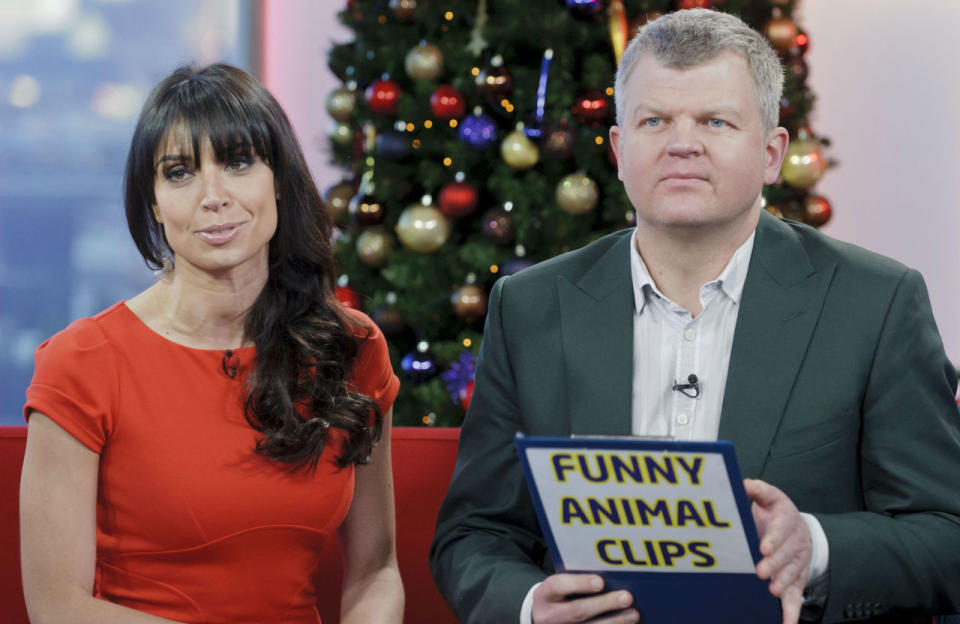
The on-screen chemistry of Chiles and Bleakley proved a winning combination when they presented 'The One Show’. The series proved such a success that the pair were then lured from the BBC to host ITV’s new challenger to 'Breakfast’, 'Daybreak’ in 2010. Despite the multi-million pound deal they signed (Chiles’s alone was said to be worth £6 million), they debuted to one third of the audience of 'Breakfast’, and things went disastrously downhill from there. The pair were dumped from the show after just over a year, their audience averaging 600,000 to 'Breakfast’s regular 1.5 million, and the show was scrapped entirely in 2014.
Jonathan Ross
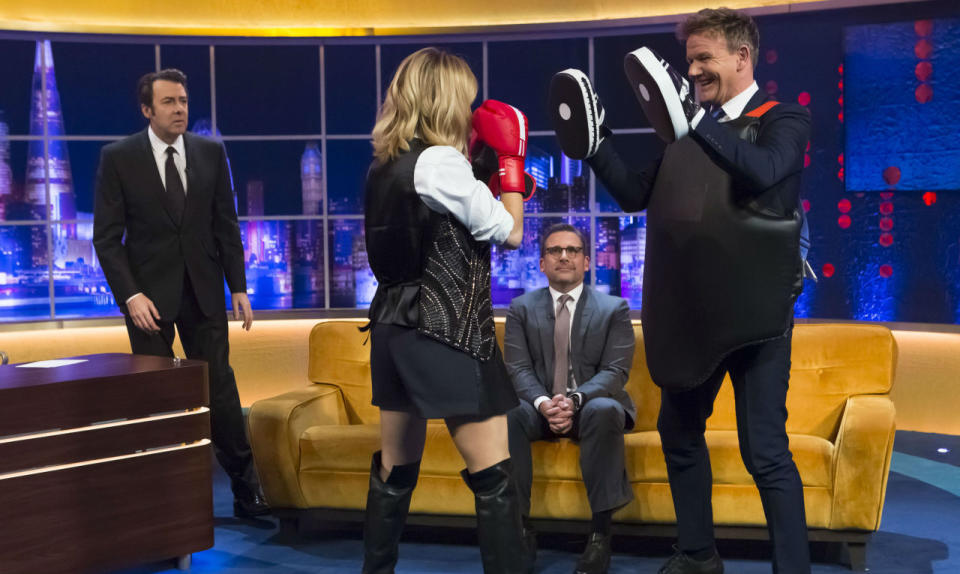
Following in the footsteps of BBC chat show dons like Parkinson and Wogan, Jonathan Ross’s more knockabout style played well on the Beeb for many years, with Ross hauling in the biggest names in entertainment. At one point, a contract worth £18 million over three years made him the highest-paid personality at the BBC, while also presenting a Radio 2 show and the 'Film 2000’ shows. He moved to ITV in 2010, following the Sachsgate scandal in 2008 which almost destroyed his career, but found his show playing second fiddle to Graham Norton’s on the BBC, both in audience size, critical reception (it’s been heavily panned) and, crucially, on-screen talent.
Desmond Lynam
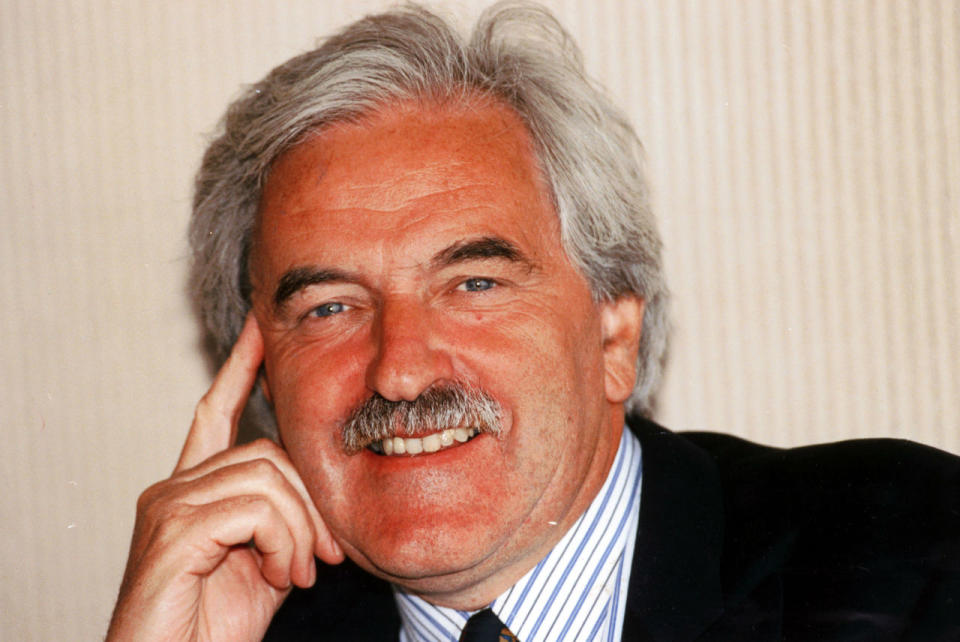
To anyone growing up in the 80s and 90s, Des Lynam simply was BBC Sport, anchoring everything from 'Match of the Day’ to Wimbledon and the Olympics. He was present through so many pivotal sporting moments, from the 1990 World Cup to the horror of the Hillsborough disaster in 1989. But his move to ITV in 1999 proved a disaster, ratings of his new show 'The Premiership’ not a patch on 'Match of the Day’. He quit in 2004, returning to the BBC to present radio show 'Des Meets…’ on Five Live. He’s said he regrets the move, telling the Daily Mirror: “If it was a decision I had to make now I probably wouldn’t do it. Some people said I went from being a great broadcaster, or at least a very acceptably good one, to being a somewhat inadequate one overnight.”
Esther Rantzen

Rantzen joined the BBC as a secretary in 1963, eventually fronting magazine show 'That’s Life’. It made her hugely famous, running for a staggering 21 years from 1973 to 1994. 'Hearts of Gold’ and her chat show 'Esther’ also proved successful and long-running. But a move to ITV to present another campaigning magazine show, 'That’s Esther’, didn’t go at all well, and is scarcely remembered today. She was also one of the founders of ITV’s ill-fated 'TV-AM’, but dropped out before it even began broadcasting.
Ross Kemp
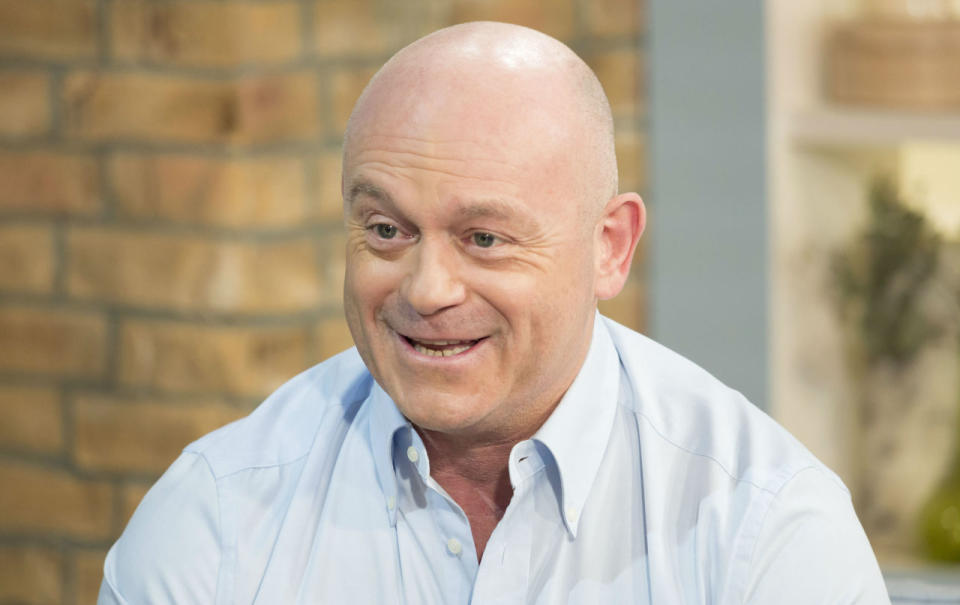
Kemp was a household name thanks to his role as east end tough nut Grant Mitchell in 'EastEnders’. But on moving to ITV in 1999, as part of a reported £1.2 million deal, his star quickly found itself in the descendant. First a stunt went wrong in a drama called 'Hero of the Hour’, causing him injuries to the chest and face from the discharge from a blank round. Consequent projects such as crime drama 'Without Motive’ and SAS series 'Ultimate Force’ both found themselves axed after dwindling ratings. He’s since gone on to launch a career in TV journalism for Sky, which has proved far more successful than his tenure on ITV.
Tamzin Outhwaite
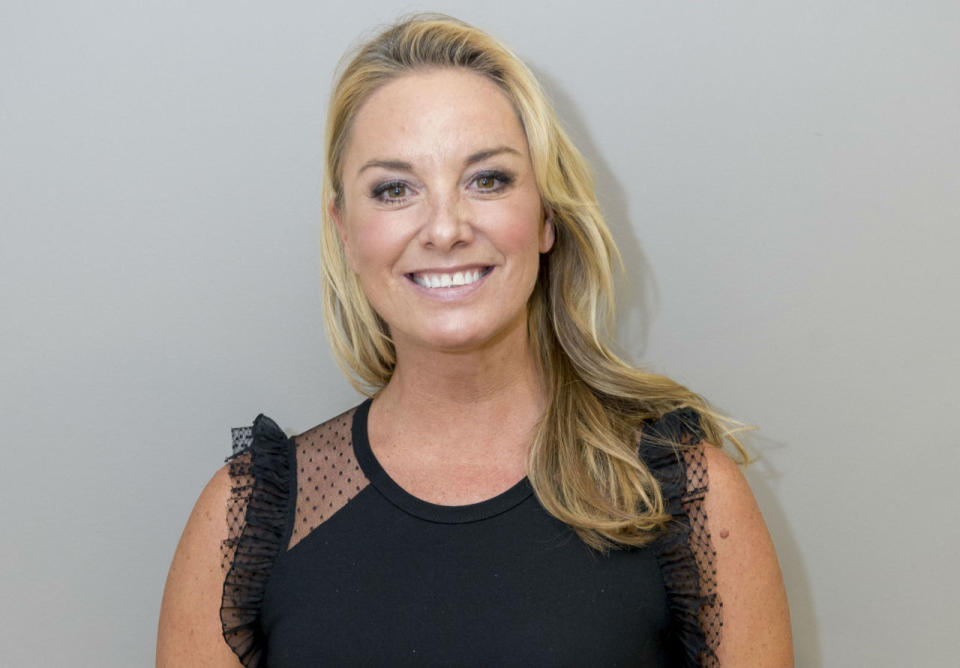
Like Ross Kemp, Tamzin Outhwaite was also a household name thanks to her role as Melanie Healy 'EastEnders’, and then in BBC dramas like 'Red Cap’ and 'Hustle’. Her work on ITV, however, has been notably less successful. 2006 drama 'Vital Signs’ lasted one series, while Christmas special 'Fast Freddie, The Widow and Me’ was pummelled by critics. A return to the BBC on 'New Tricks’ and in 'Doctor Who’ appear to have revived her fortunes, however.
Morecambe & Wise

Many deemed Eric and Ernie’s move from the BBC to ITV’s Thames Television as the beginning of a slow decline for the legendary comedy pair, a far cry from their halcyon period on the Beeb, which spanned nearly a decade. Much cash was involved in their acrimonious shift to commercial television, along with the promise of a new film. But the Thames years weren’t their best and the film that came of it, Night Train To Murder, was dreadful. What’s more, they failed to persuade their key writer, Eddie Braben, to join them in their move. He proved more pivotal than they realised.
Antony Worrall Thompson
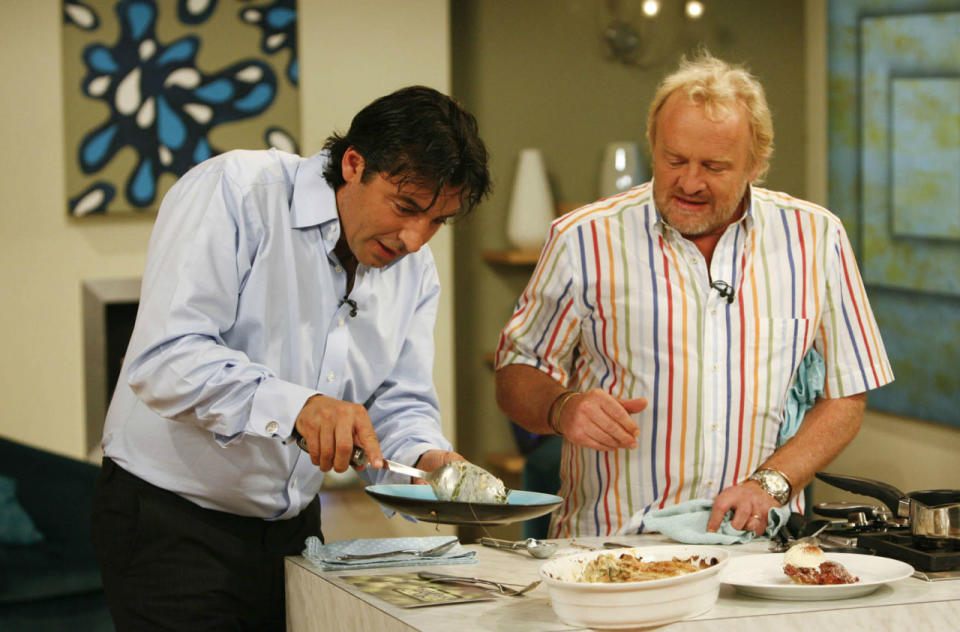
In 2003, celebrity chef Antony Worrall Thompson was hired to take over from millionaire grocer Gregg Wallace on cooking show 'Saturday Kitchen’ as it underwent a revamp, grabbing the Saturday morning from what was traditionally children’s programming on BBC1. It was a big hit, and as such, ITV wanted in too. The same production company, Prospect Pictures, then began making 'Saturday Cooks!’ for ITV, poaching Worrall Thompson for the job of presenting. But while 'Saturday Kitchen’ went from strength to strength and continues today, 'Saturday Cooks!’ was cancelled due to poor ratings.
Peter Jones
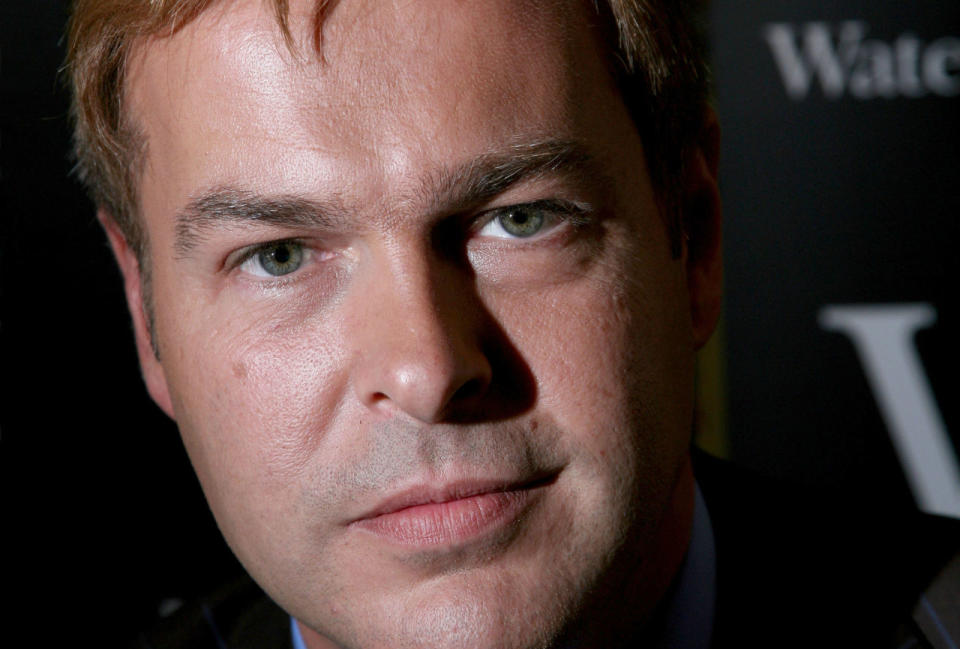
BBC show 'Dragons’ Den’ introduced giant telecoms millionaire Peter Jones to the UK, where he alternately crushed dreams and made them come true for wannabe entrepreneurs. But embarking on a somewhat similar project for ITV in 2007 (the reality show 'Tycoon’, in which he, ahem, searched for entrepreneurs to invest in), melding the concept of the Den with 'The X Factor’, it proved an unmitigated disaster. After just two weeks, it was pulled from its 9pm slot due to poor ratings. It missed a whole week of broadcast – something of a rarity – before returning the following week at 10pm having been cut from an hour to half an hour, and reduced from six episodes to five. Importer Iain Morgan was crowned the winner, and it never appeared on TV again.
Image credits: Rex Features

 Yahoo Movies
Yahoo Movies 
